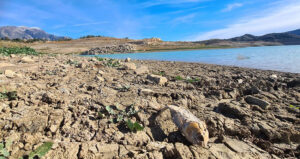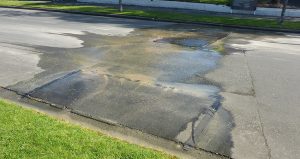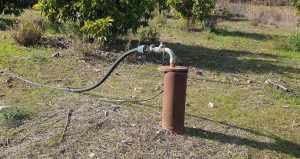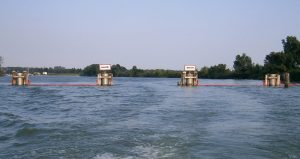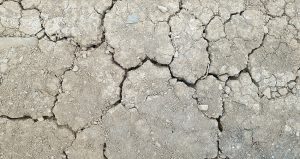EC proposal to secure water and food in the Mediterranean
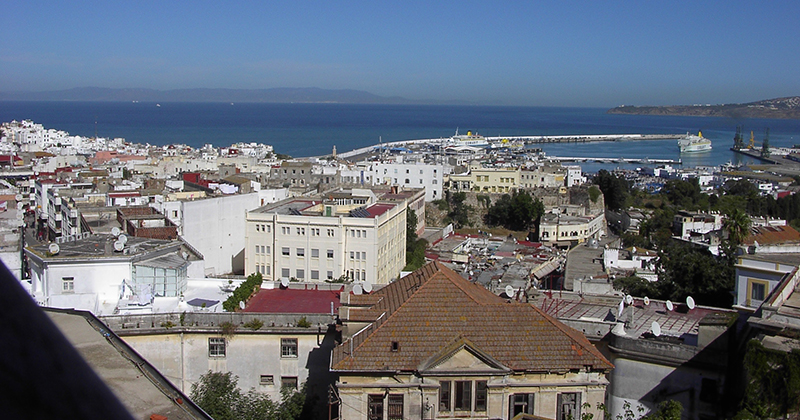
-
 Editorial Team
Editorial Team
Share article:
The European Commission recently launched a legislative proposal for a Partnership for Research and Innovation in the Mediterranean (PRIMA). The initiative is aiming at sustainable management of water and food systems. Until now thirteen states are participating and the EU pledged around 400 million euro to the initiative. If the European Council and Parliament will give their approval the programme will start in 2018.
The strategic research partnership will start sharing ‘know how’ and financial resources for a period of ten years under the Horizon 2020 Framework programme. The ensuing project calls will target the development of joint innovative solutions to make water management and food provision in the region more efficient, cost-effective and sustainable while addressing related socioeconomic problems. Among the participating countries are not only European Member States, but also African and Middle-Eastern countries. At the moment the initiative includes Cyprus, Egypt, France, Greece, Israel, Italy, Lebanon, Luxembourg, Malta, Morocco, Portugal, Spain and Tunisia. The EC expects Germany and Jordan to join the initiative shortly.
Water stress
The Mediterranean basin is one of the most arid regions in the world. In the area are living 180 million people who are considered to be ‘water poor’. According to the Global Water Partnership that means they have access to less than 1000m3 of renewable water per capita per year. A further 60 million people in the area are considered to be ‘water stressed’. These people only have access to 500 m3 renewable water per capita per year. Climate change, as well as population growth and urbanisation trends exacerbate the situation.
Poor farmers
High agricultural water consumption and unsustainable resource management put further pressure on scarce resources and fragile ecosystems. The implications are enormous: People suffer from poor health and nutrition, living standards and livelihoods decline as unemployment and political instability rise. This immense economic and social stress drives many people, especially farm families, to leave their homes and look for better prospects in cities or even to migrate in particular towards Europe. Past efforts and funding to identify novel approaches to adequately address these increasingly complex and interconnected challenges proved largely insufficient.
History of PRIMA
In 2012 a group of EU Member States and Mediterranean countries decided to act. Building on the Union for the Mediterranean and EU’s Neighbourhood Strategy, this group pushed for an international R&I cooperation within the Council of the EU. This resulted in the EC-proposal for the PRIMA-programme. The Commissioner for Research, Science and Innovation Carlos Moedas thinks the Euro-Mediterranean partnership will bring more clean water and food to the people, boost local economies and create jobs. “Through PRIMA, research and innovation will play a crucial role in addressing the root causes of migration.”

